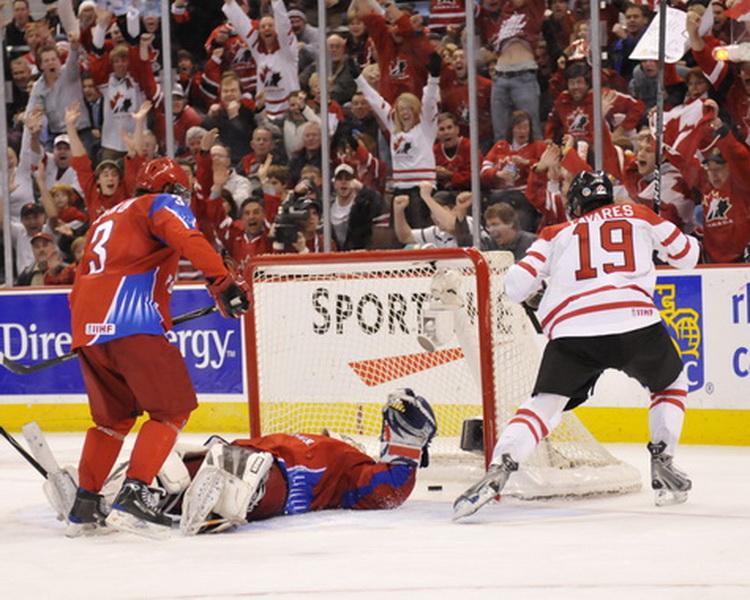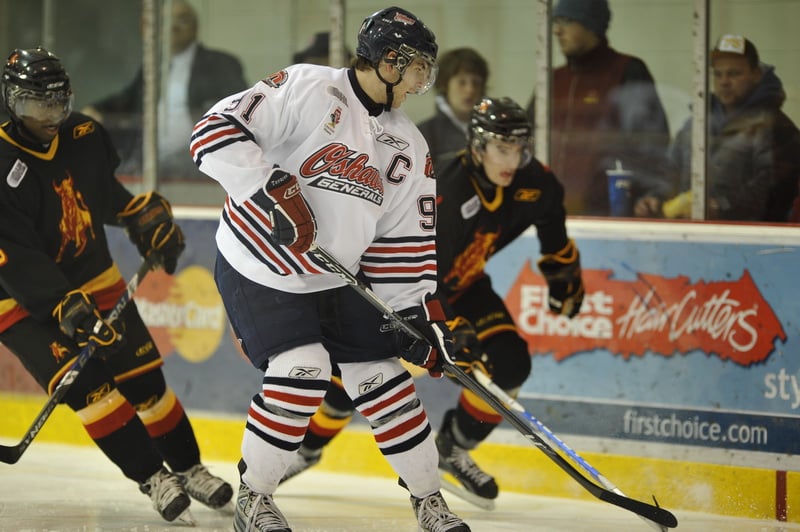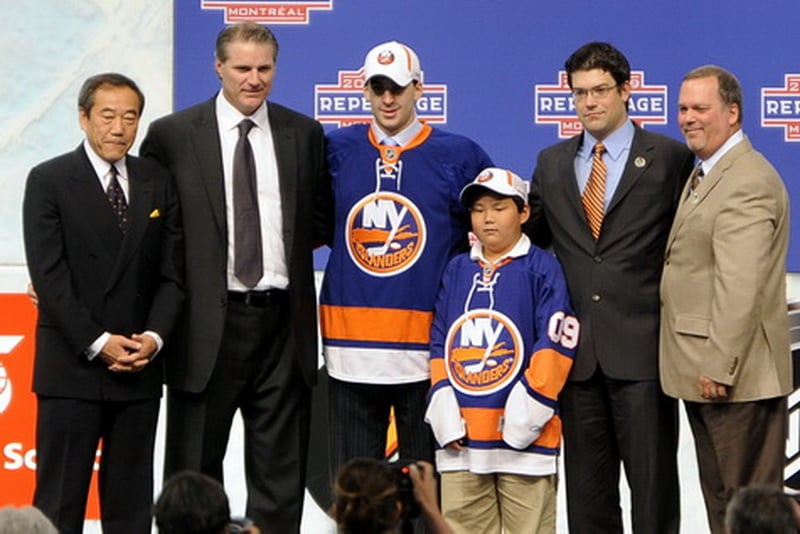
By Aaron Bell
Hockey Docs Presents: Junior Hockey Giants Podcast
Before he ever laced up skates in the Ontario Hockey League, John Tavares was already rewriting the rulebook.
Literally.
In 2005, a phone call from OHL Commissioner David Branch set the wheels in motion for a seismic shift in junior hockey. At just 14, Tavares was being considered for something that had never been done before: early entry into the league under a groundbreaking new “exceptional status” policy.
“It was wild,” Tavares says in our new podcast episode. “We didn’t even know if the rule would go through. But suddenly, I wasn’t just trying out for the OHL — I was part of creating history.”
From the moment he hit the ice with the Oshawa Generals at 15, the results spoke for themselves. Tavares scored 45 goals in his rookie season, silencing critics and proving that the league’s risk had been worth it. He wasn’t just exceptional on paper — he was dominant in reality.
“Being away from home that young wasn’t easy,” he said. “But the Gens, my billets, my teammates — they made me feel like I belonged.”
The spotlight only grew brighter. As a 16-year-old, Tavares represented Canada at the World Juniors. At 17, he dominated the tournament on home soil. By the time he was traded to London in his final OHL season, he was already a national icon.
And yet, what stands out most in this interview is the humility.
“I had ups and downs. There were stretches where I didn’t play great. But I learned. I grew. And I got better — because of the people around me.”
We also dive into his most unforgettable junior moments:

What it felt like to wear the Maple Leaf in front of 20,000 fans
The heartbreak of getting cut at 16 — and the joy of making it the next year
The emotional chaos of a gold medal shootout vs Russia
Why playing in Oshawa and London prepared him for life in the NHL
This episode isn’t just a look back — it’s a blueprint for what it means to be a leader, a teammate, and an ambassador for the game at every level.
“It’s not just about the points,” he said. “It’s about the people who believed in me and helped me get there.”

